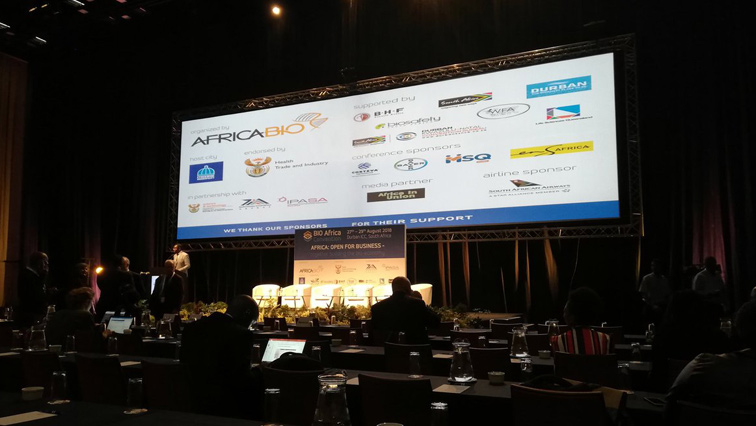Scientists at the BIO Africa Convention have called on policy-makers in Africa to relax their policies against genetically modified foods to help address the challenges of food security. Agricultural biotechnology, also known as AgriTech, is an area of agricultural science involving the use of scientific tools and techniques such as vaccines, and tissue culture, to modify plants and animals.
Professor John Mugabe, who is an associate at the Institute for Technological Innovation, called on African authorities to give agricultural biotechnology a chance in order to help advance the continent’s food security.
The three day convention was aimed at informing Africa about the benefits of biotechnology – to help improve its economy through food and medicine. The meeting brought together scientists, researchers and policy leaders from around the world.
Biotechnology uses science and technology to enhance already existing products like medicines, vaccines, and crops for the benefit of human development.
Mugabe says African governments have strong policies against the use of genetically modified food, making it difficult for the continent to produce enough food. Mugabe says since biotechnology is already being practiced on medicine, it shouldn’t be as strict when it comes to food.
“Technology is being applied in industrial sectors, in health where the controversy is not pronounced as with food. They come to Africa and they say don’t get into GMO you will all be dead if you eat GMO foods in Africa,” said Prof Mugabe.
Bio Africa CEO and conference chair, Doctor Siyabulela Ntutela, says South Africa has made great strides in using biotechnology to mitigate the side-effects of drought and to retain food security. Ntutela says South Africa is ranked number ninth in the world on the list of countries planting genetically modified or bio-technology crops.
“South Africa today is one of those countries that managed to survive the scare from drought and he scare from the emerging pests that have devastated some of the African crops because we adopted biotechnology. There are certain foods that are meant to resist drought. Genetically modified maize is an example of biotechnology where you make the maize to be able to resist drought and it grows even under harsh conditions and you now have food security,” said Dr Ntuli.
But biotechnology is an expensive business based on high reward coming from high risk. Innovation doesn’t come cheap. Joseph Damond is the Vice President for International Affairs at Bio Tech Innovation in the United States- the world’s largest biotech trade association. He says it’s an expensive market to fail in.
“Unfortunately, it doesn’t cost any less the stats show to develop a drug that only reaches a few tens of thousands of patients than a drug that reached millions of patients. Many bio techs are actually not making money or have a negative nett income for a long period of time,” says Diamond.
The issue of genetically modified plants that do not produce seed and require seed to be bought for every planting season, was not raised at the conference.


